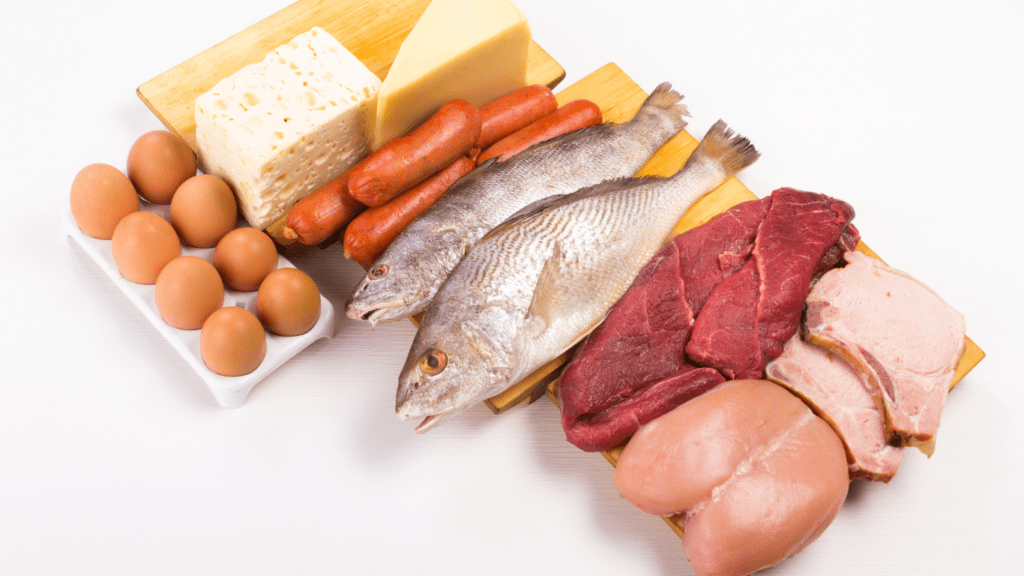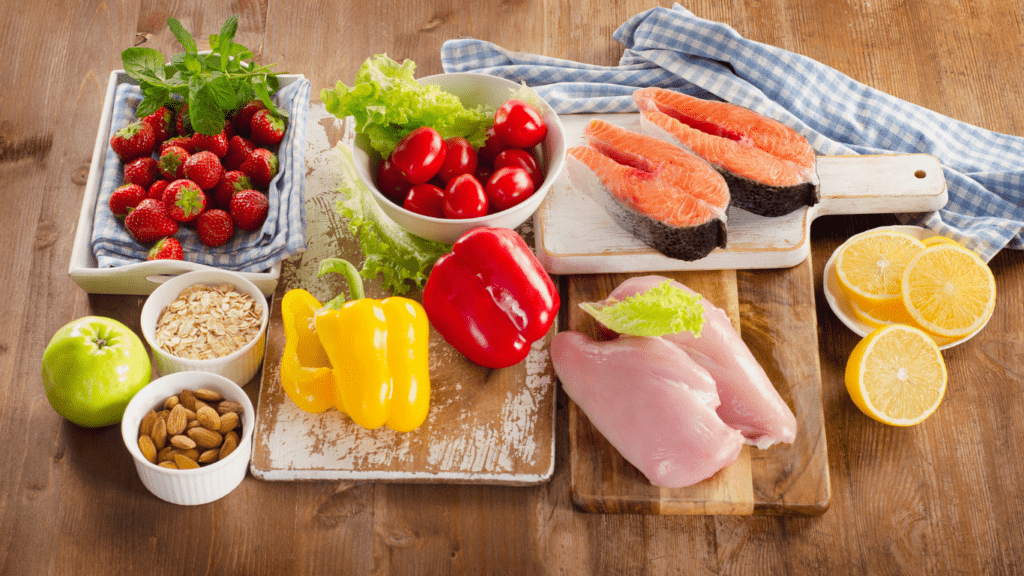Understanding Protein in a Runner’s Diet
Protein plays an essential role in a runner’s diet. It influences muscle repair, recovery, and overall endurance.
Why Protein Is Crucial for Runners
Protein aids in muscle recovery after strenuous runs. Post-run muscles undergo tiny tears, and protein helps repair these, fostering muscle growth. This process reduces soreness and speeds up recovery times.
For example, consuming a protein-rich snack within 30 minutes of running can significantly boost recovery.
Protein also enhances endurance. It maintains muscle mass and supports the body in efficiently using energy reserves. Without adequate protein, runners may experience muscle loss and diminished stamina.
Furthermore, protein contributes to immune function, which is vital for runners who push their bodies regularly. Lack of protein could lead to weakened immunity, increasing the risk of illness.
Recommended Protein Intake for Runners
The recommended protein intake for runners varies by body weight and activity level. Typically, endurance athletes should consume 1.2-1.4 grams of protein per kilogram of body weight daily.
For instance, a 70 kg runner should aim for 84-98 grams of protein each day.
Timing protein intake is crucial. Consuming protein throughout the day, especially after runs, yields the best results.
For example, spreading intake across meals and snacks ensures a constant supply of amino acids, crucial for muscle repair and energy usage. Incorporating diverse protein sources like lean meats, dairy, legumes, and nuts can meet these dietary needs.
Types of Protein Important for Running Performance

Different protein types enhance running performance by providing essential amino acids and aiding muscle recovery. Below, I’ll delve into the distinct benefits of animal-based and plant-based proteins for runners.
Animal-Based Proteins
Animal-based proteins offer complete amino acids, essential for muscle repair and growth. Lean meats like chicken and turkey, low-fat dairy products, eggs, and fish like salmon and tuna provide high-quality protein.
These sources not only bolster muscle recovery but also support overall stamina. Including them in meals ensures a balanced intake, contributing to better performance and quicker recovery times.
Plant-Based Proteins
Plant-based proteins provide necessary nutrients while promoting overall health.
- beans
- lentil
- quinoa
- tofu
- nuts
Offer significant protein content
They also contain fiber and antioxidants, aiding digestion and reducing inflammation. For runners who follow vegetarian or vegan diets, combining diverse plant proteins ensures a comprehensive amino acid profile.
This variety supports muscle maintenance and energy utilization, enhancing endurance and performance.
Timing Your Protein Intake
Optimal timing enhances protein benefits for runners. Strategic intake before and after runs maximizes performance and recovery.
Pre-Run Protein Tips
Pre-run protein intake boosts energy and stabilizes blood sugar. Consuming 10-20 grams of protein, like a yogurt or a protein shake, about 1-2 hours before running helps prepare muscles.
This preps the body for the physical demands of running, reducing muscle breakdown during the run.
Post-Run Recovery with Protein
Post-run protein is vital for muscle repair and recovery. Within 30 minutes of completing a run, consuming 20-30 grams of protein, such as a chicken breast or a protein smoothie, facilitates muscle repair and reduces soreness.
This immediate intake initiates recovery, ensuring muscles rebuild stronger.
Protein-Rich Recipes for Runners
Runners need protein-packed meals and snacks to fuel their performance and recovery. Here are some easy-to-make protein-rich recipes.
Breakfast Ideas
- Greek Yogurt Parfait: Layer Greek yogurt, granola, and mixed berries. Greek yogurt provides around 15 grams of protein per cup, supporting muscle repair.
- Egg White Omelette: Use 4 egg whites, spinach, tomatoes, and a sprinkle of cheese. Egg whites offer a lean source of protein with about 3.6 grams per white.
- Protein Pancakes: Mix 1 scoop of protein powder with oats and egg whites. Each serving can provide up to 20 grams of protein.
- Tuna Salad: Combine tuna, diced celery, and Greek yogurt. A can of tuna delivers about 25 grams of protein.
- Hummus and Veggies: Pair hummus with carrot and celery sticks. Hummus offers about 2 grams of protein per tablespoon.
- Chicken and Quinoa Bowl: Cook chicken breast with quinoa, black beans, and veggies. One chicken breast contains around 31 grams of protein, while quinoa adds 8 grams per cup.
These protein-packed options will help runners maintain energy, support muscle repair, and boost overall performances.



